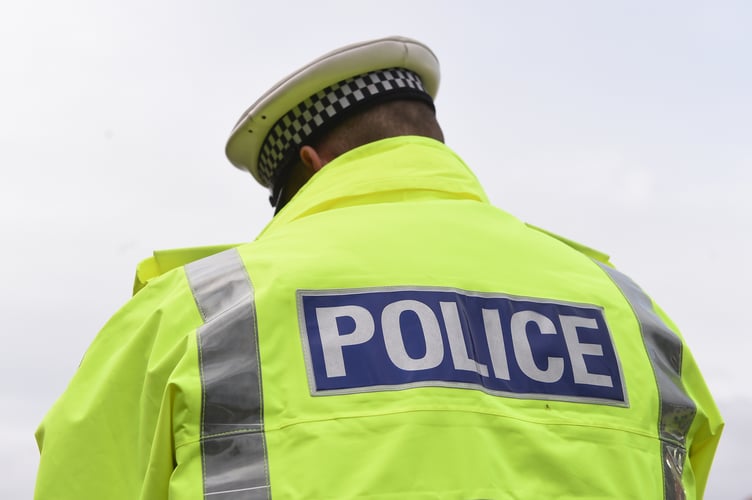Just one in 59 rape offences recorded by Dyfed-Powys Police last year resulted in a charge or court summons, new figures show.
Rape Crisis England and Wales said increased charging rates and access to specialist sexual violence support is vital, as recent data shows rape offences took police forces the longest time to investigate and charge.
Home Office figures show there were 474 rape offences recorded by Dyfed-Powys Police in the year to March. Of them, eight resulted in a charge or summons – accounting for just 1.7%.
Meanwhile, the police force had an average charge and summons rate of 5.7% across all offences.
Across England and Wales, 2.6% of rape offences led to a charge or summons, while the overall charge rate for all recorded offences was 6.4%.
Ciara Bergman, chief executive of Rape Crisis, said: "This data reflects what we already know: the criminal justice system must do better for victims and survivors."
"Those survivors who take the brave steps to report rape and sexual assault do so with the expectation that there will be accountability for the perpetrator. That just 2.6% of adult rape investigations result in a charge or summons is unacceptable."
She added: "With so many survivors being denied their opportunity to seek criminal justice, it's clear that the system isn't working. But we need more than a level of commitment; we need to see drastic improvements."
The Home Office said rape offences that led to a charge or court summons took the longest time to investigate, at an average of 423 days. This is compared with 55 days for violence against the person offences and 28 days for theft offences.
Of the rape offences recorded in Dyfed and Powys, 29.5% were not assigned an outcome as of March, meaning they were still under investigation.
Meanwhile, 36.7% were closed due to evidential difficulties where the suspect was identified, but the victim did not support further action.
Ms Bergman added: "Increasing charging rates is vitally important, but so too is access to specialist sexual violence support.
"All survivors, whether they choose to report or not, deserve specialist support to understand the profound impacts of trauma and re-establish life after sexual violence and abuse."
She said demand for these services has reached "unprecedented levels" in recent years with 14,000 people currently on Rape Crisis waiting lists. She added long-term, sustainable funding for specialist sexual violence support and advocacy services is urgently needed.
Separate figures from The Crown Prosecution Service show 3,847 suspects were charged in all rape cases referred for a charging decision in 2023-24, a 28% increase on the year before.
The CPS said it consistently charges around seven out of 10 rape or serious sexual offence cases referred by police for a charging decision.
A government spokesperson said: "In far too many cases, rape victims aren’t getting the justice they deserve. It is important that police and prosecutors work together in a timely way to build the strongest possible case.
"We have committed to fast-tracking rape cases and are carefully considering the best way to do this. We are working with the judiciary and will announce next steps in due course."




